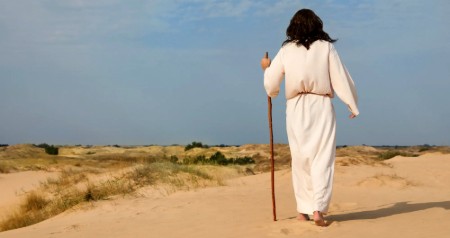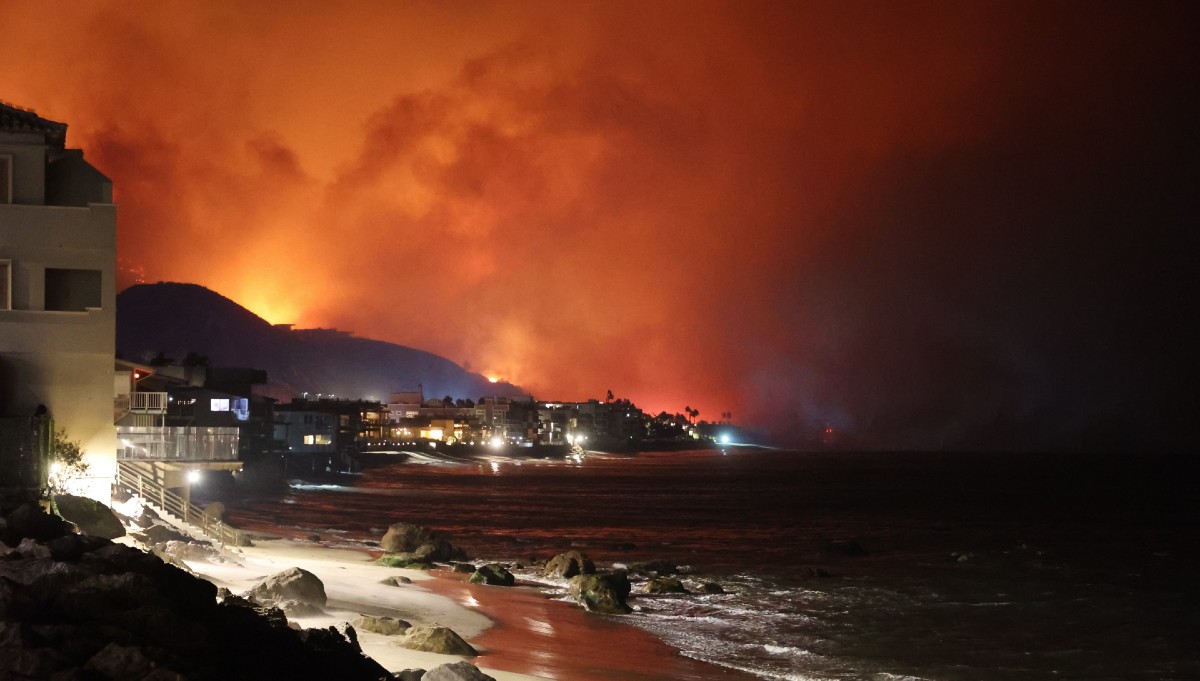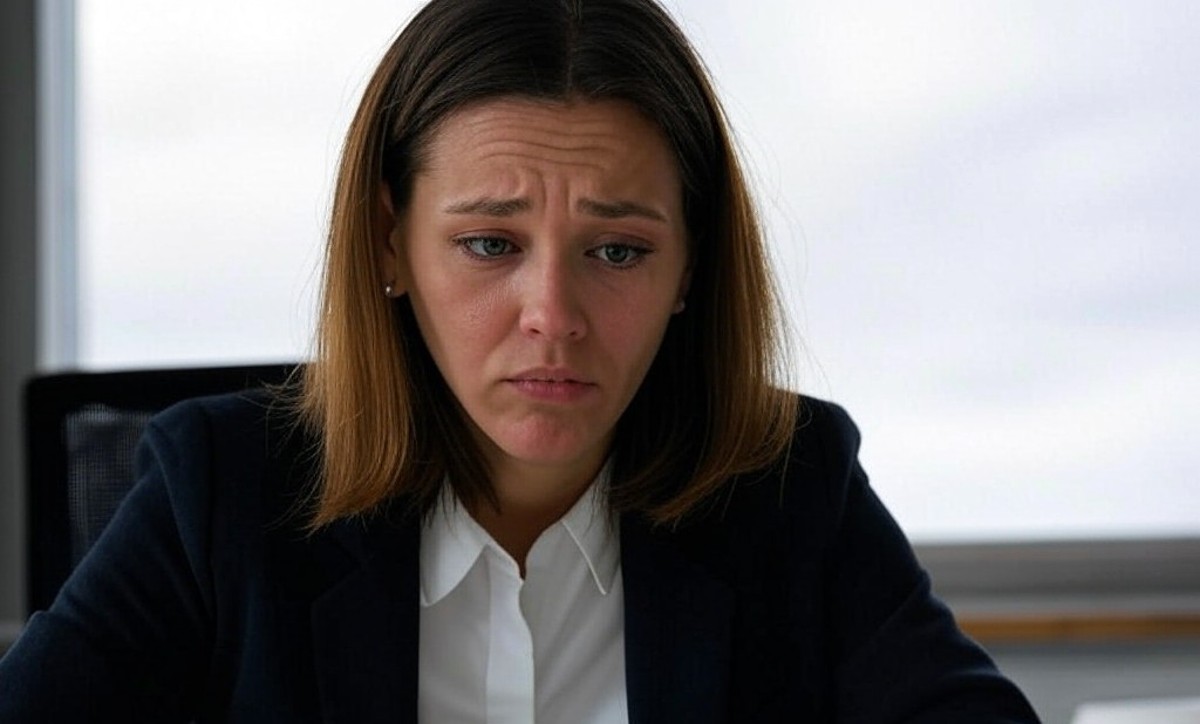We ask you, urgently: don’t scroll past this
Dear readers, Catholic Online was de-platformed by Shopify for our pro-life beliefs. They shut down our Catholic Online, Catholic Online School, Prayer Candles, and Catholic Online Learning Resources—essential faith tools serving over 1.4 million students and millions of families worldwide. Our founders, now in their 70's, just gave their entire life savings to protect this mission. But fewer than 2% of readers donate. If everyone gave just $5, the cost of a coffee, we could rebuild stronger and keep Catholic education free for all. Stand with us in faith. Thank you.Help Now >
Guest Opinion: Deal Hudson, Ph.D. Asks, 'Remember the Palestinians'
FREE Catholic Classes
Many Israelis believe it's in their best interest to seek a two-state solution and end the occupation, and many Palestinians know that further radicalization of Islam will only ensure the occupation will last for years to come. Therein lies the only hope the region really has -- that new leadership will emerge on both sides, tired of the conflict and ready to put aside old stories of violence and loss in favor of something new.
Highlights
Inside Catholic (www.insidecatholic.com)
5/4/2010 (1 decade ago)
Published in Middle East
P>WASHINGTON, DC (Inside Catholic) - The Holy Land is a place of stories. Everyone has a story about Israel and the occupied territory called Palestine by those who live there. Many of the events are drenched in blood -- often that of relatives present or past -- which is why, when story is pitted against story, death against death, little progress is ever made.
Even visitors have their stories -- not about death but about their encounters with Palestinians and Israelis, who sadly become the occupied and the occupier when you arrive there. For the past 43 years, Israel has exercised a military occupation over much of what we call the Holy Land. When visitors take the time to learn about the lives on both sides of the walls, barriers, fences, roads, and settlements that now separate the peoples, their stories will change -- just as mine did.
Like most Americans, when I went to the Holy Land for the first time in 2004, I considered Israel our best friend, ally, and the only democratic nation in the Middle East. And, as a Christian, I've always felt a special affinity with the Jews; the horrors of the Holocaust were enough for me to justify the re-founding of the nation of Israel after World War II.
I still believe all these things, but without the naďveté that tells the story as if it were the 'good guys versus bad guys.' There are no white hats here, except for those mostly unknown individuals on both sides who refuse to yield to the hate that pits "Arab" vs. "Jew."
I've been to the Holy Land four times in the past six years. I'm certainly no expert, though much of my time there was spent talking to those who were, including Israeli generals, journalists, rabbis, activists, and members of the government. On the Palestinian side, I've met with the present president and prime minister, members of the Palestinian administration, mayors of towns on the West Bank, priests, and activists. I've also had the privilege each visit of meeting with the patriarch, the papal nuncio, and the head of the Franciscan Custos. (On two of my trips, I was also blessed to have the late Robert Novak and his wife Geraldine in my small group.)
Most Americans know very little about Israel, apart from the typical boosterism they read and hear in the media, and those who go on tours are usually kept away from the occupied territory. Thus, the average American knows even less about life among the Christians and Muslims in the occupied territory called Palestine, a land encompassing places like West Jerusalem, Bethlehem, Jericho, Hebron, Nablus, Ramallah, and, of course, the rubble-strewn Gaza strip.
Israel has occupied this territory since the Six-Day War in 1967. It withdrew from the Sinai in 1982 as part of the 1979 peace agreement with Egypt, and technically withdrew from Gaza in 2005, but it remains the de facto occupying power by virtue of its military lockdown of Gaza's borders. A limited degree of rule was granted to the Palestinian National Authority over the occupied territories in 1994 by the Oslo Accords.
As I consider how my attitude toward the Israel-Palestine conflict changed, the reasons all arise from the fact that Palestinian lives and property are completely subject to the designs of the Israeli government and the force of the Israeli military. There is no rule of law in the occupied territory -- men and women are taken into custody in the middle of the night, houses and land are confiscated, centuries-old olive groves are cut to the ground.
Slowly, little by little, the fabric of life -- knit over centuries in these cities and villages -- is being torn apart. When they're old enough, the children leave for other parts of the world, and their parents don't blame them. Business and agriculture suffer, especially as the water resources are gobbled up by the burgeoning Israeli settlements, and the freedom of movement is increasingly restricted.
During Holy Week in 2004, I saw how the Israeli tractors dug huge trenches along the Mount of Olives to build their "safety fence." The fact that this property belonged to convents, monasteries, and Catholic schools didn't matter -- one sister who objected to the unannounced early morning digging on convent property was told to "get back inside" with a gun pointed in her face.
If any kind of solution is to be found, Israel must respect all people's rights, including Christians, Muslims, and Jews. This is no zero-sum game; there will be two winners or two losers.
The respect for rights needs to be observed even in the face of danger, such as the rocket bombings of Sderot that led to Israel launching daily bombing attacks on Gaza from December 27, 2009, to January 18. Yes, the citizens of Sderot had every right to be protected, but at the cost of 762 Palestinian non-combatants' lives, including over 300 children? This was the nadir of the United States' hands-off attitude toward Israel's treatment of Palestinians.
Israel has legitimate security interests -- the wave of suicide bombings that led to the 2002 Intifada fundamentally changed the relationship with Palestine. But some of Israel's "security" initiatives -- like the barrier around Bethlehem -- seem to be more about stealing land for settlements.
The fact is, there will be no peace in the Holy Land until the occupation ends. The chances of this have gotten worse rather than better since my first visit. Not only are Israel and Palestine at an impasse, they are approaching another boiling point.
Many Israelis believe it's in their best interest to seek a two-state solution and end the occupation, and many Palestinians know that further radicalization of Islam will only ensure the occupation will last for years to come. Therein lies the only hope the region really has -- that new leadership will emerge on both sides, tired of the conflict and ready to put aside old stories of violence and loss in favor of something new.
-----
Deal W. Hudson is the director of InsideCatholic.com and the author of Onward, Christian Soldiers: The Growing Political Power of Catholics and Evangelicals in the United States (Simon and Schuster).
---
The mission of InsideCatholic.com is to be a voice for authentic Catholicism in the public square.We believe that truth is both attractive and compelling and that in the marketplace of ideas, it will invariably win out.
Join the Movement
When you sign up below, you don't just join an email list - you're joining an entire movement for Free world class Catholic education.
-

-
Mysteries of the Rosary
-
St. Faustina Kowalska
-
Litany of the Blessed Virgin Mary
-
Saint of the Day for Wednesday, Oct 4th, 2023
-
Popular Saints
-
St. Francis of Assisi
-
Bible
-
Female / Women Saints
-
7 Morning Prayers you need to get your day started with God
-
Litany of the Blessed Virgin Mary
Introducing "Journey with the Messiah" - A Revolutionary Way to Experience the Bible
-

Catholic Response to Devastating Los Angeles Wildfires
-

Federal Court Blocks Biden Administration's Gender Identity Rule
-
A Future for Life: Introducing the Winners of the Priests for Life Pro-Life Essay Contest
-
Reflections on Pope Francis' 2025 World Day of Peace message
Daily Catholic
 Daily Readings for Friday, January 10, 2025
Daily Readings for Friday, January 10, 2025 St. William of Bourges: Saint of the Day for Friday, January 10, 2025
St. William of Bourges: Saint of the Day for Friday, January 10, 2025 Prayer for a Blessing on the New Year: Prayer of the Day for Tuesday, December 31, 2024
Prayer for a Blessing on the New Year: Prayer of the Day for Tuesday, December 31, 2024- Daily Readings for Thursday, January 09, 2025
- St. Adrian, Abbot: Saint of the Day for Thursday, January 09, 2025
- St. Theresa of the Child Jesus: Prayer of the Day for Monday, December 30, 2024
![]()
Copyright 2024 Catholic Online. All materials contained on this site, whether written, audible or visual are the exclusive property of Catholic Online and are protected under U.S. and International copyright laws, © Copyright 2024 Catholic Online. Any unauthorized use, without prior written consent of Catholic Online is strictly forbidden and prohibited.
Catholic Online is a Project of Your Catholic Voice Foundation, a Not-for-Profit Corporation. Your Catholic Voice Foundation has been granted a recognition of tax exemption under Section 501(c)(3) of the Internal Revenue Code. Federal Tax Identification Number: 81-0596847. Your gift is tax-deductible as allowed by law.






 Daily Readings for Friday, January 10, 2025
Daily Readings for Friday, January 10, 2025 St. William of Bourges: Saint of the Day for Friday, January 10, 2025
St. William of Bourges: Saint of the Day for Friday, January 10, 2025 Prayer for a Blessing on the New Year: Prayer of the Day for Tuesday, December 31, 2024
Prayer for a Blessing on the New Year: Prayer of the Day for Tuesday, December 31, 2024

